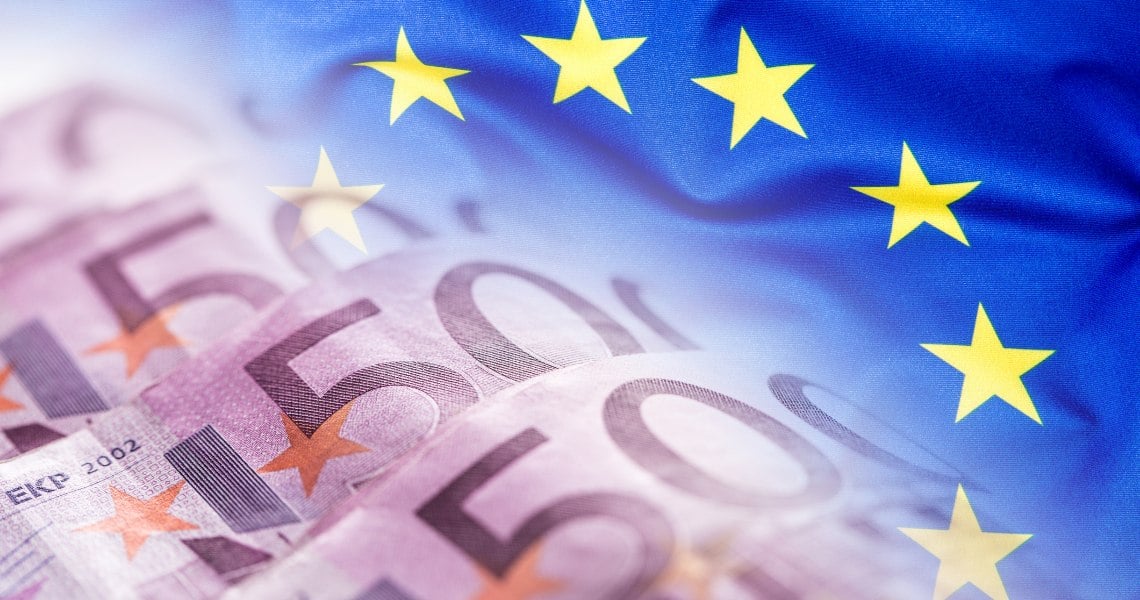With regard to the manoeuvres against the Coronavirus crisis, the Eurogroup has reached an agreement, 500 billion from the ESM without conditions, although Eurobonds are increasingly distant.
The Netherlands withdraws its tightening of spending patterns and moves the spectrum of bonds away from the North.
The dream of the most troubled countries – such as Italy and Spain – to access Eurobonds is fading.
The ESM is the European Stability Mechanism. Once activated, it should provide financial assistance to countries facing difficulties that would otherwise drag the entire EU area into a downward spiral, dangerous for the economic resilience of member states.
Greece has experienced this and, as we have seen, the model is not without risks or consequences.
The satisfaction of Nordic countries like the Netherlands seems to be at odds with that of Italian politicians who consider themselves satisfied, but in the Bel Paese, there are those who are convinced that the path taken leads straight to a colossal political and financial defeat.
Eurobonds, what they are and why they are increasingly distant
They have also been called Coronabonds, but before the emergence of Covid19 they were called Eurobonds, and they portray a very disunited Europe.
Unlike shares, bonds represent only debt securities. Issued by a state, they provide access to liquidity in exchange for an interest rate on the loan. The higher the risk of default (bankruptcy), the more the interest rate increases.
Issuing debt securities for countries struggling with the financial crisis involves a great risk. Interest rates could rise and jeopardize the viability of the economic system that is being bailed out.
Eurobonds would allow the issuance of debt for countries in difficulty, linking strong and weak economies to the same bond. In the eyes of investors, this mechanism would lower the risk rate and hence the interest rate.
The countries of the North have sided against this solution, aligning themselves with Germany‘s view.
Merkel, hesitant in the last few days, had spoken out in words of closeness to Italy, but the stance on Eurobonds is not without political consequences for those who defend it.
What is happening in the Netherlands or Germany is politically clear: political representatives risk a great deal in putting their economies in difficulty by helping the less well-off countries, because that is what it is all about. The Coronavirus has highlighted the structural weaknesses of the countries it has affected.
The weaknesses highlighted by this bio-economic tsunami illustrate a very clear pathology. The Coronavirus is elevating the temperature across a Europe that is united only out of interest, and not at the fundamental level.
Different fiscal and economic policies, lack of a constitution and a cohesive foreign policy, make the European dream increasingly distant.



